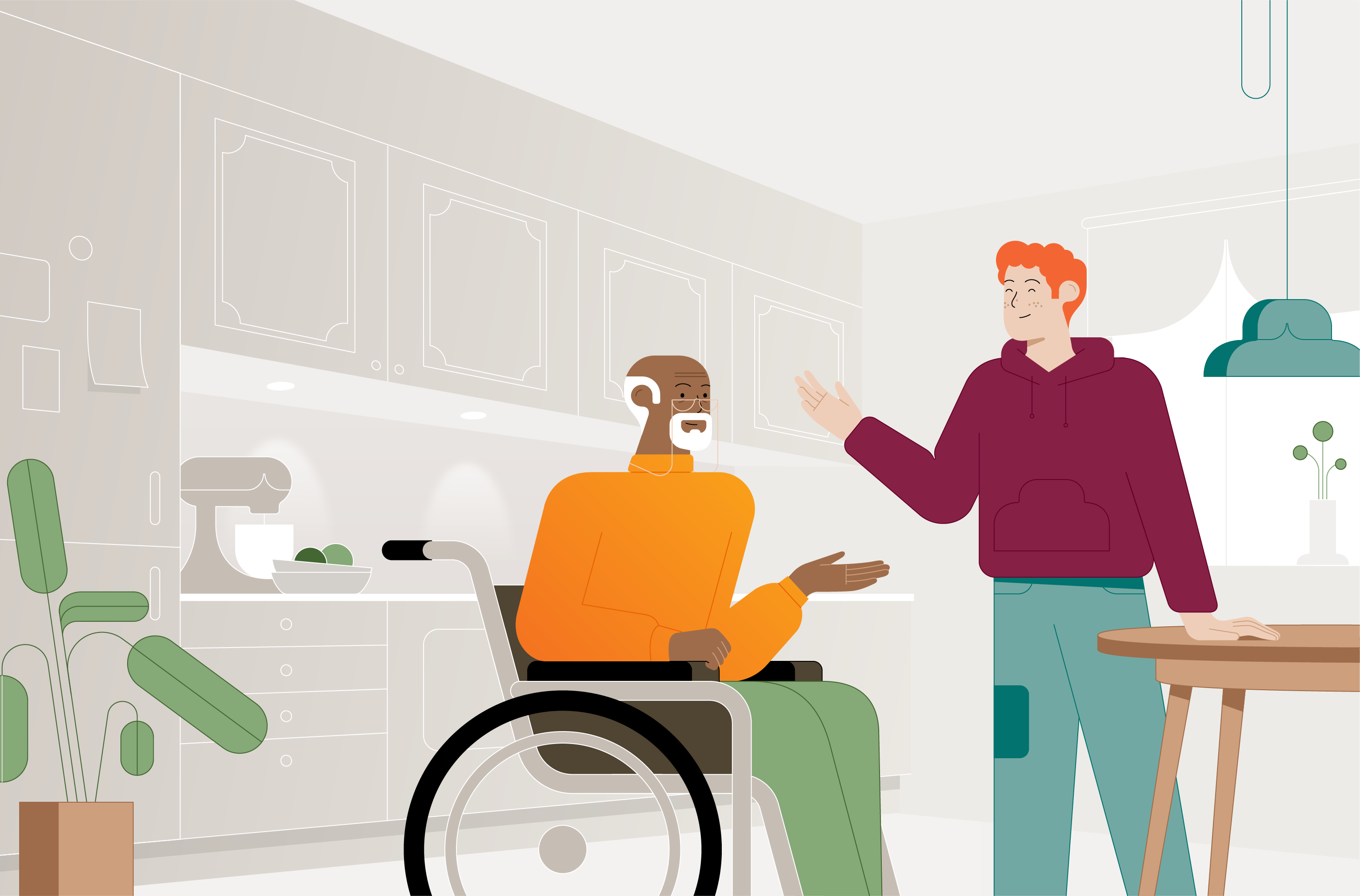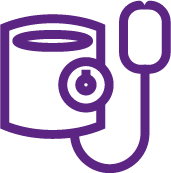What is a clinical study?
Clinical studies help doctors and scientists learn more about a disease or medical condition and new ways to treat, diagnose, or prevent it. To learn more about clinical studies, watch the videos below.
Understanding Informed Consent and e-Consent*
*Please note that e-Consent is not available for this study.
What is the purpose of PROGRESS-AD?
The purpose of this study is to learn more about the study drug, GSK4527226, in adults with early Alzheimer’s disease (AD). Researchers want to find out whether the study drug can safely slow down memory loss and the decline in daily function.

Who can participate?
You may qualify for this study if you meet the following criteria. Additional criteria to participate also apply.
Age
50 to 85 years of age
Disease characteristics
Positive for amyloid accumulation in the brain as evidenced by PET scan or spinal fluid test
Diagnosis
Mild cognitive impairment or mild dementia due to Alzheimer’s disease
Other
Have a “study partner” to support you in study activities. Your study partner does not have to live with you but should spend at least 8 hours a week with you and be able to provide information about your daily abilities.
What happensduring the study?
You will first need to give your consent, or permission, to join the study by reading and signing the Informed Consent Form.
You will be in the study for about 2 years and will have approximately 25 visits. Some visits may span multiple days depending on the tests being done.
The study is divided into different parts.
1. Screening/Baseline
(Up to 12 weeks;
4 visits)
To see if you qualify for the study, the study team will ask questions about your health (past and present) and the medicines you take, and will run some tests.
2. Study Treatment
(About 18 months; 20 visits)
If you qualify, you will be assigned by chance to receive one of the following:
-
- Study drug (dose 1)
- Study drug (dose 2)
- Placebo*
*The placebo looks just like the study drug but does not contain active medicine. This gives researchers something to compare with the study drug to better understand its effects.
You are twice as likely to receive the study drug than to receive the placebo.
You will receive the study drug (or the placebo) at a regular frequency for about 18 months. Each treatment takes approximately 1 hour. The study team will then keep a close watch on you for at least 1 hour after the treatment.
3. Long-Term Study
(Optional; 24 months; 27 visits)
Once you complete the 18 months of study treatment, you will have the option to enter a separate study that will look at the long-term effects of the study drug.
Everyone will receive the study drug for 24 months.
If you choose not to enter this separate study, you will move directly to Follow-up.
4. Follow-up
(12 weeks after final
dose; 1 visit)
You will have 1 visit 12 weeks after your final dose of study treatment. The visit may span a few days (due to the tests being done).
Which health checks and tests can I expect?
Some of the tests you will have during the study are shown below. You will not have every test at each visit. Talk to the study doctor to learn more.

Physical exam

Vital signs

Height/Weight

Heart health

Blood tests

Urine test

Brain scan

Spinal tap‡

Mental health check

Questionnaires
‡Some tests may be optional. Your study doctor will let you know if any tests are optional for you.


